
| Product name | Brand | Price | ||
|---|---|---|---|---|
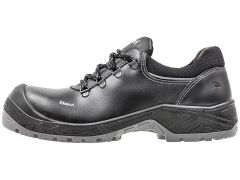
|
AL Hit 3 XL+ S3HR0 - Sievi Safety Shoe | Sievi |
£94.00
(£112.80
inc VAT)
|
|
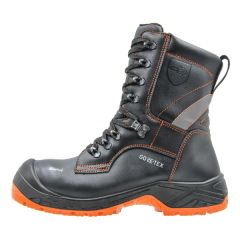
|
Sievi AL GT Timber XL+ S3 HRO | Sievi |
£267.00
(£320.40
inc VAT)
|
|
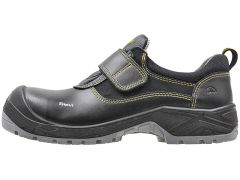
|
Sievi AL Hit 2 XL+ S3HR0 - Safety Shoe | Sievi |
£112.00
(£134.40
inc VAT)
|
|
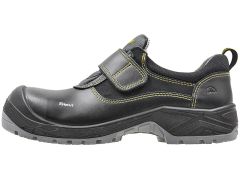
|
Sievi AL Hit 2+ S3HRO | Sievi |
£112.00
(£134.40
inc VAT)
|
|
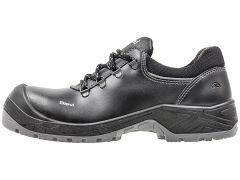
|
Sievi AL Hit 3+ S3HRO | Sievi |
£101.00
(£121.20
inc VAT)
|
|
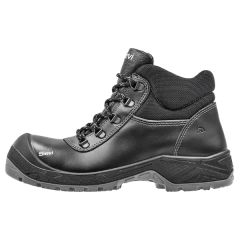
|
Sievi AL Hit 4+ S3 HRO | Sievi |
£113.00
(£135.60
inc VAT)
|
|
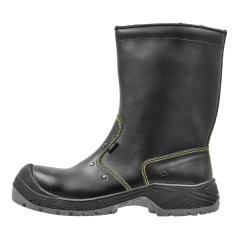
|
Sievi AL Hit 7+ S3 HRO | Sievi |
£116.00
(£139.20
inc VAT)
|
|
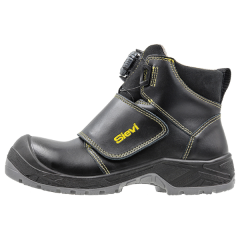
|
Sievi AL Hit Roller+ S3 HRO | Sievi |
£182.00
(£218.40
inc VAT)
|
|
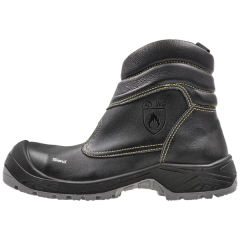
|
Sievi AL Hit Weld XL+ S3HRO | Sievi |
£145.00
(£174.00
inc VAT)
|
|
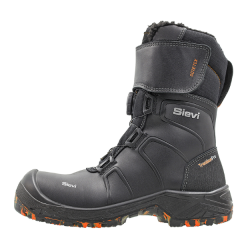
|
Sievi Alaska GT Roller+ S7 |
£234.00
(£280.80
inc VAT)
|
|
Heavy Duty Shoes
Heavy duty footwear are safety shoes that offer protection in a variety of environments. These include warehouses, building sites, truck driving and much more. With a variety of toe cap and midsole penetration resistance standards, find the shoes you need below.
Filter By

